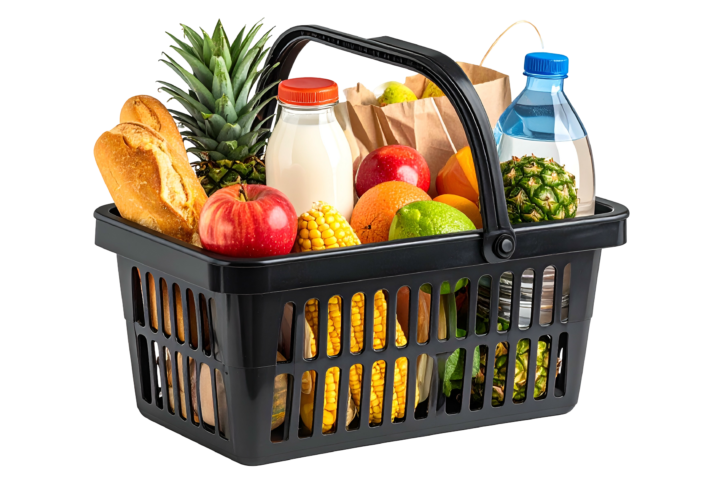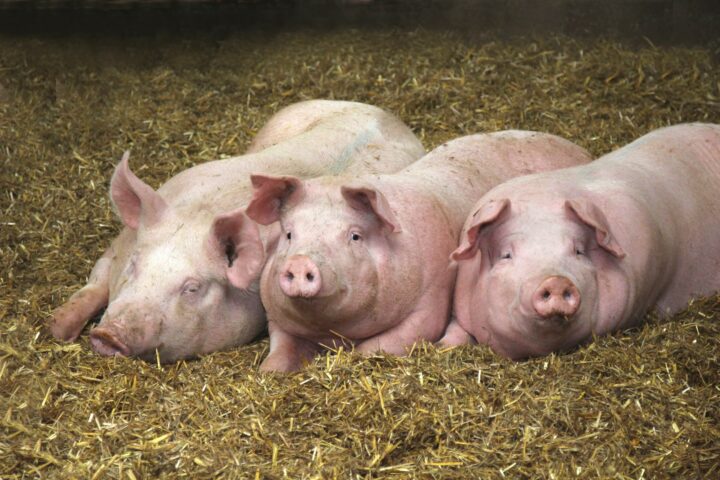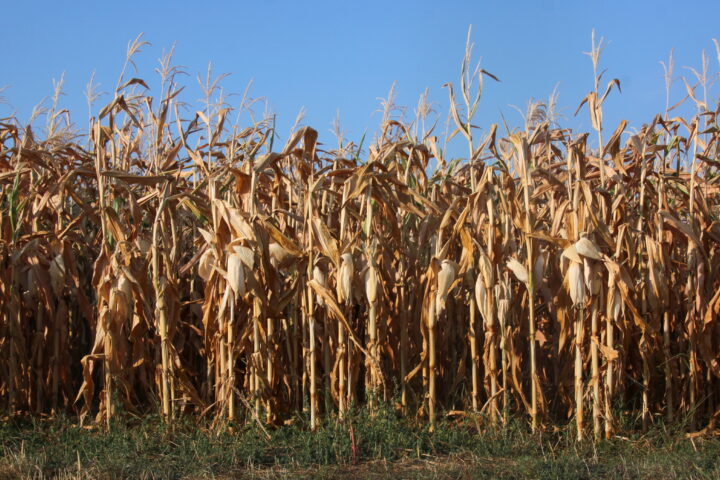
Genome editing: Organic farming shuts itself off from progress
In future, the EU wants to treat genome-edited plants in the same way as conventionally bred ones. As the "NZZ am Sonntag" writes, this is like a small revolution. Until now, the commercial use of gene scissors has been impossible due to an extremely restrictive genetic engineering law. From a scientific point of view, new breeding technology brings great benefits to the environment and to farmers. Only organic farming associations continue to oppose it.
Wednesday, July 12, 2023
According to the EU's legislative proposal, the breeding method would in future no longer play a role for approval, provided that no genes foreign to the species were introduced into a plant. Genome editing methods, such as the CRISPR/Cas gene scissors, are a gentler and more precise way of giving plants a desired trait. Indeed, the resulting plants could just as easily be created in a "natural" way or using conventional breeding methods. The result is the same. Only it is faster with the genetic scissors. As Andreas Hirstein correctly points out in the "NZZ am Sonntag", it makes no sense to treat like things unequally: "What is not different cannot be more dangerous".
Plants do not differ from conventional breeding
In contrast to genome editing, conventional breeding technologies such as mutagenesis rely on chemicals or radioactive radiation to trigger uncontrolled mutations in the genetic material of plants. It is like playing the lottery: one hopes that the desired gene mutation will be among the countless mutations triggered. Mutagenesis carried out in this way is also permitted in organic agriculture. And there is no obligation to declare this breeding method. Why should this be different for genome-edited plants if the result is the same?
Organic associations remain stubborn
However, as Hirstein continues, organic agriculture strictly rejects genome editing. Yet organic farmers could also benefit from pest- and heat-resistant plants. According to Hirstein, the ecological balance of organic farming is not fundamentally better than that of conventional farming. One problem of organic farming is its large land consumption. Organic farmers need up to 60 percent more land to produce the same amount of food. The slight advantages in terms of biodiversity are lost again due to the massive amount of land required. In addition, organic farmers also need pesticides to protect their crops. Since these are usually easier to wash off and therefore have a shorter effect, more passes are needed than with modern crop protection. This results in minus points in terms of energy consumption and potential soil compaction.
It remains incomprehensible that organic farmers' associations should close their minds to new breeding technologies against this background. "An increase in productivity and a reduction in the use of pesticides would be a necessary goal in view of a growing world population, even in organic farming," writes Hirstein. Longing for an agriculture like in the 19th century does not help. Several studies conclude that organic farming is more harmful than beneficial to the climate and to biodiversity. It is better to produce a lot on small areas so that unused land can be preserved.
Switzerland in danger of losing out
Switzerland must not close its eyes to technical progress. Here, the Federal Council is called upon to present a draft law for a risk-based authorisation of genome-edited plants by summer 2024. It is to be hoped that the Federal Council will follow the EU's example and provide Swiss farmers with an effective new instrument in the race against the effects of climate change. Otherwise, Switzerland risks losing out internationally.
Sources
Kindly note:
We, a non-native editorial team value clear and faultless communication. At times we have to prioritize speed over perfection, utilizing tools, that are still learning.
We are deepL sorry for any observed stylistic or spelling errors.
Related articles

What’s Really in Your Shopping Basket
Genetic engineering in our shopping basket? Yes – and much more often than we think. Whether it’s pasta, bread or vegetables: many of the everyday products we consume come from mutation breeding, which involves altering the genome and is considered safe. It’s high time to debunk the common myths.

Genomic breeding methods are not given a chance to prove themselves
Modern genomic breeding methods are legally classified as genetic engineering – and are therefore still effectively blocked. Yet we have been eating genetically modified plants for decades, just under the label of “classical mutagenesis.” The new, more precise techniques are regulated more strictly than the old ones, even though they are considered safer from a scientific perspective. A contradiction that urgently needs to be corrected. The EU is setting a good example.

No Pig Business: Why Testicle-Free Boars Are a Clear Win for Animal Welfare
New breeding methods are opening up new possibilities in both plant and animal breeding. They allow targeted genetic changes that can make animals more resilient, adaptable, and healthier.

Stagnation instead of progress: Switzerland risks falling behind in new breeding techniques
An overview article in Schweizer Bauer shows how much the new breeding methods are preoccupying farming circles. Once the consultation process on the federal law has been completed, a bill is expected – then it will become clear whether there is actually the political will to approve it.

